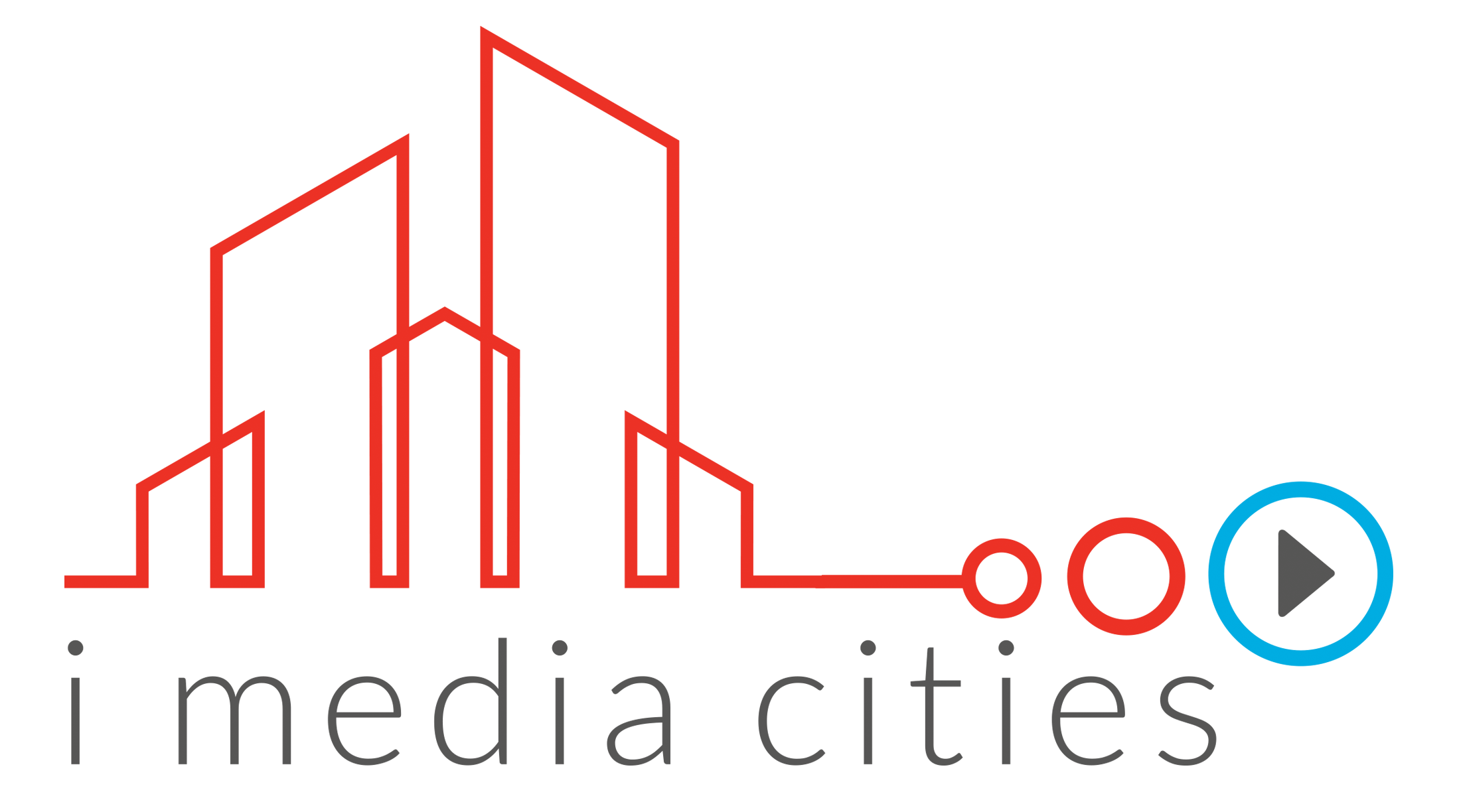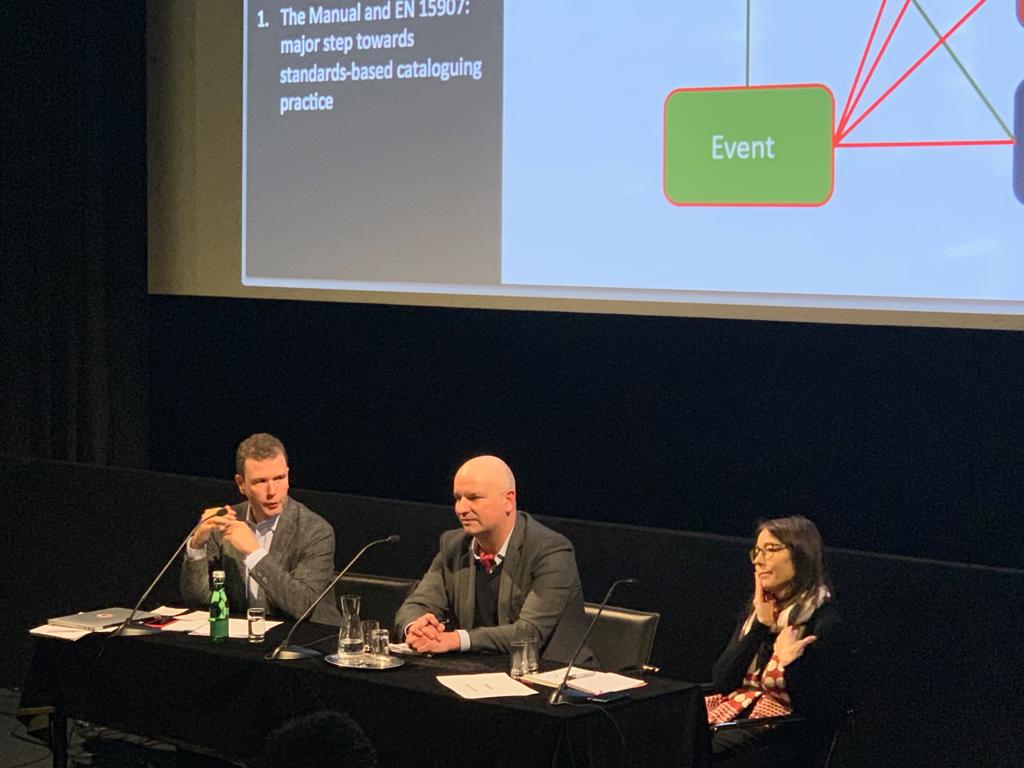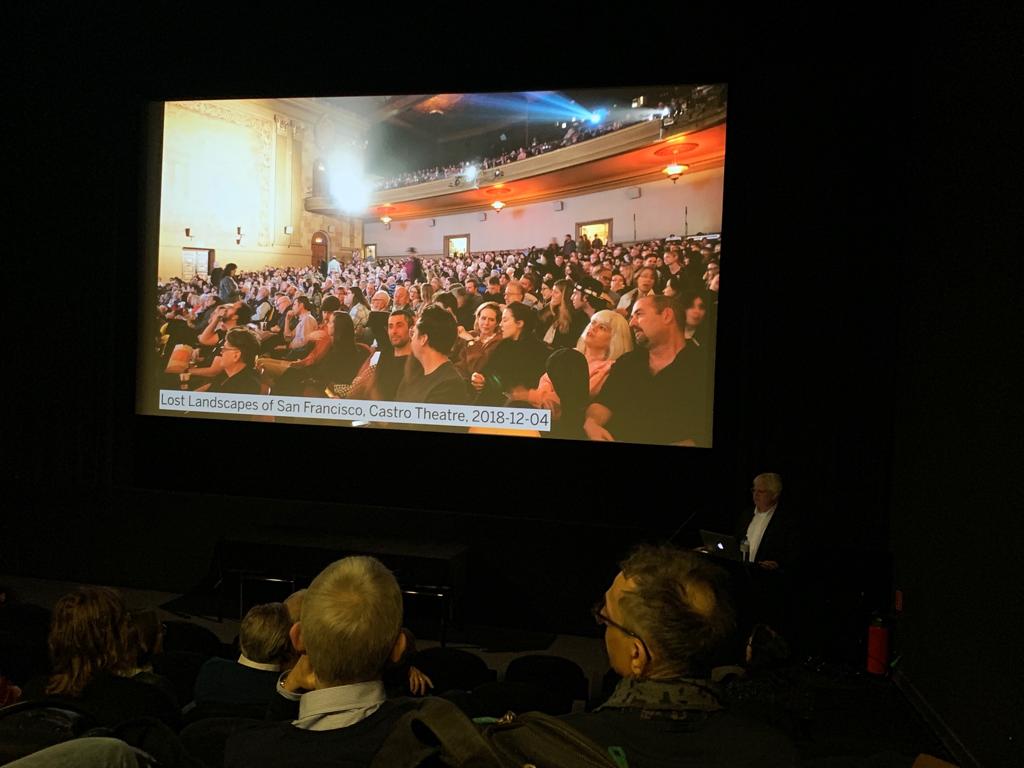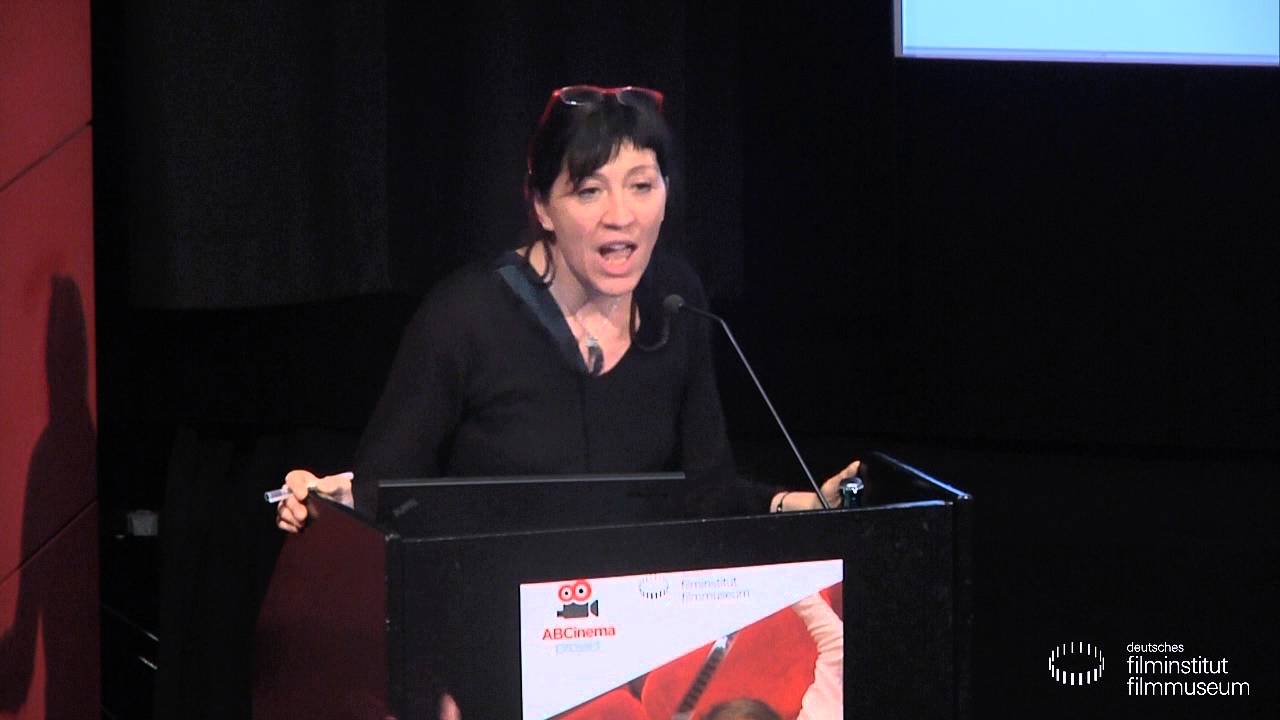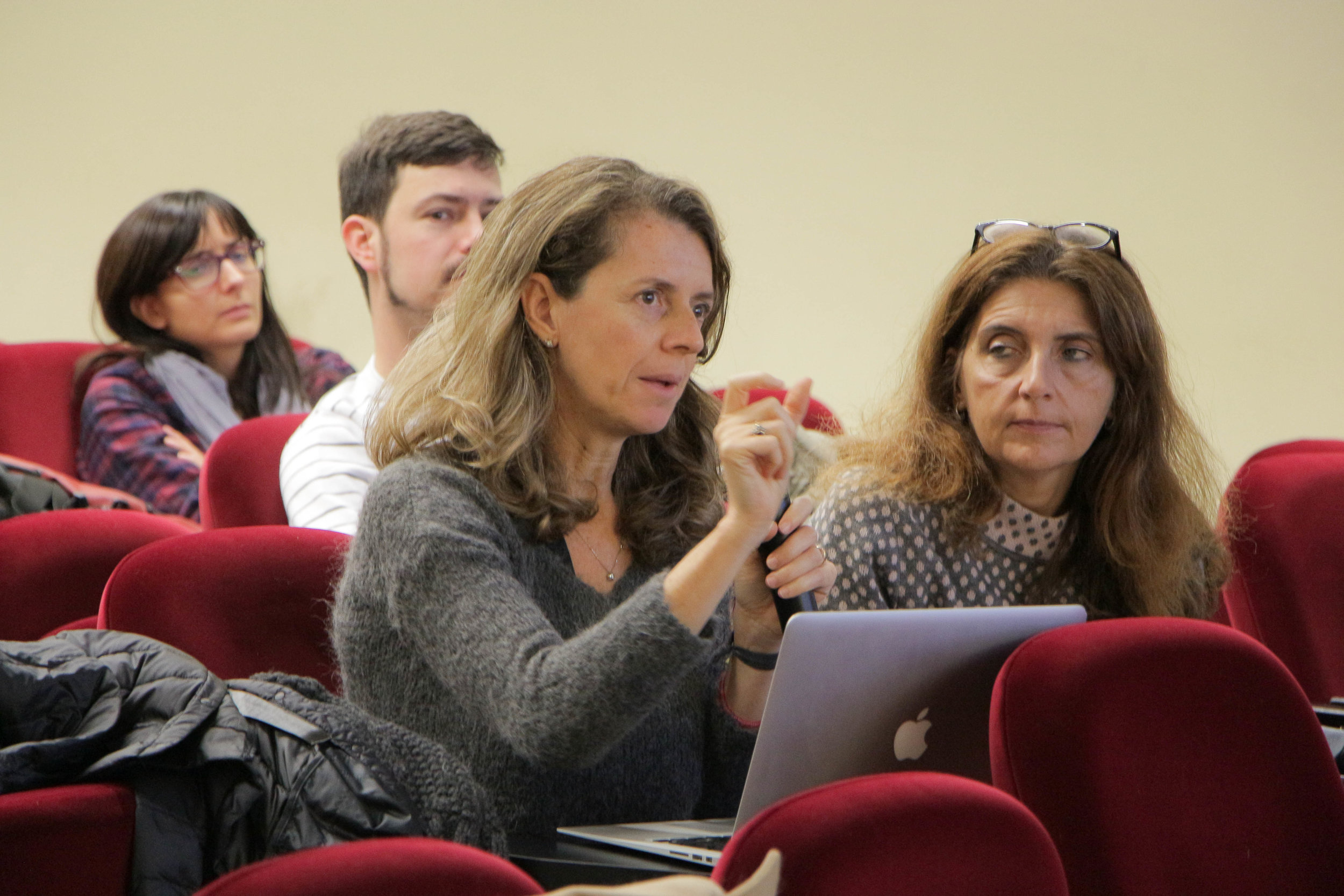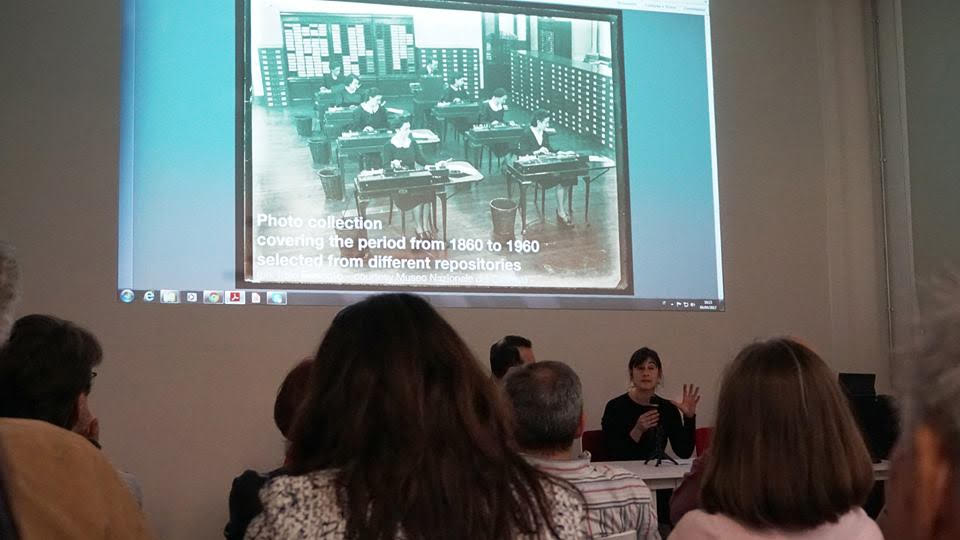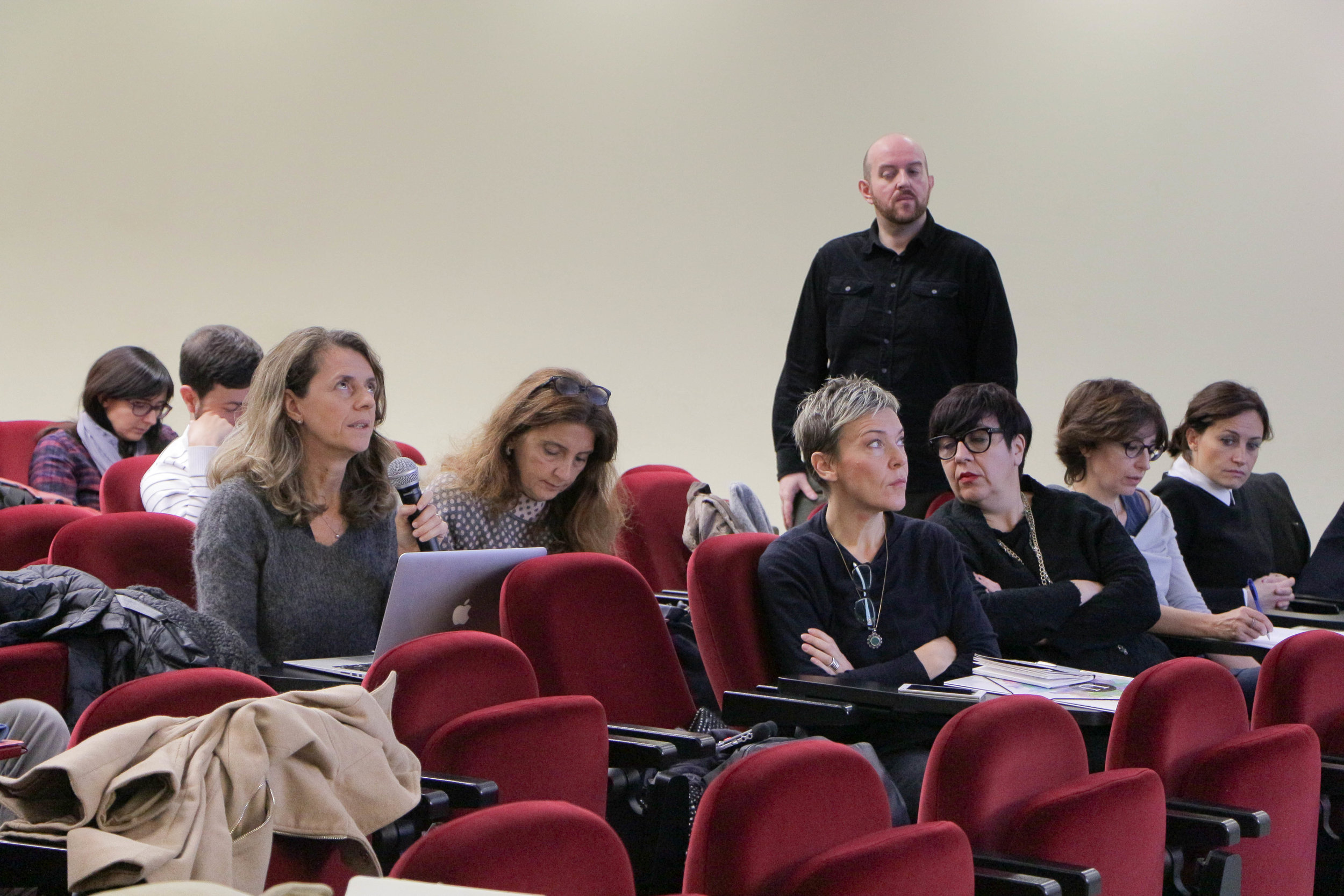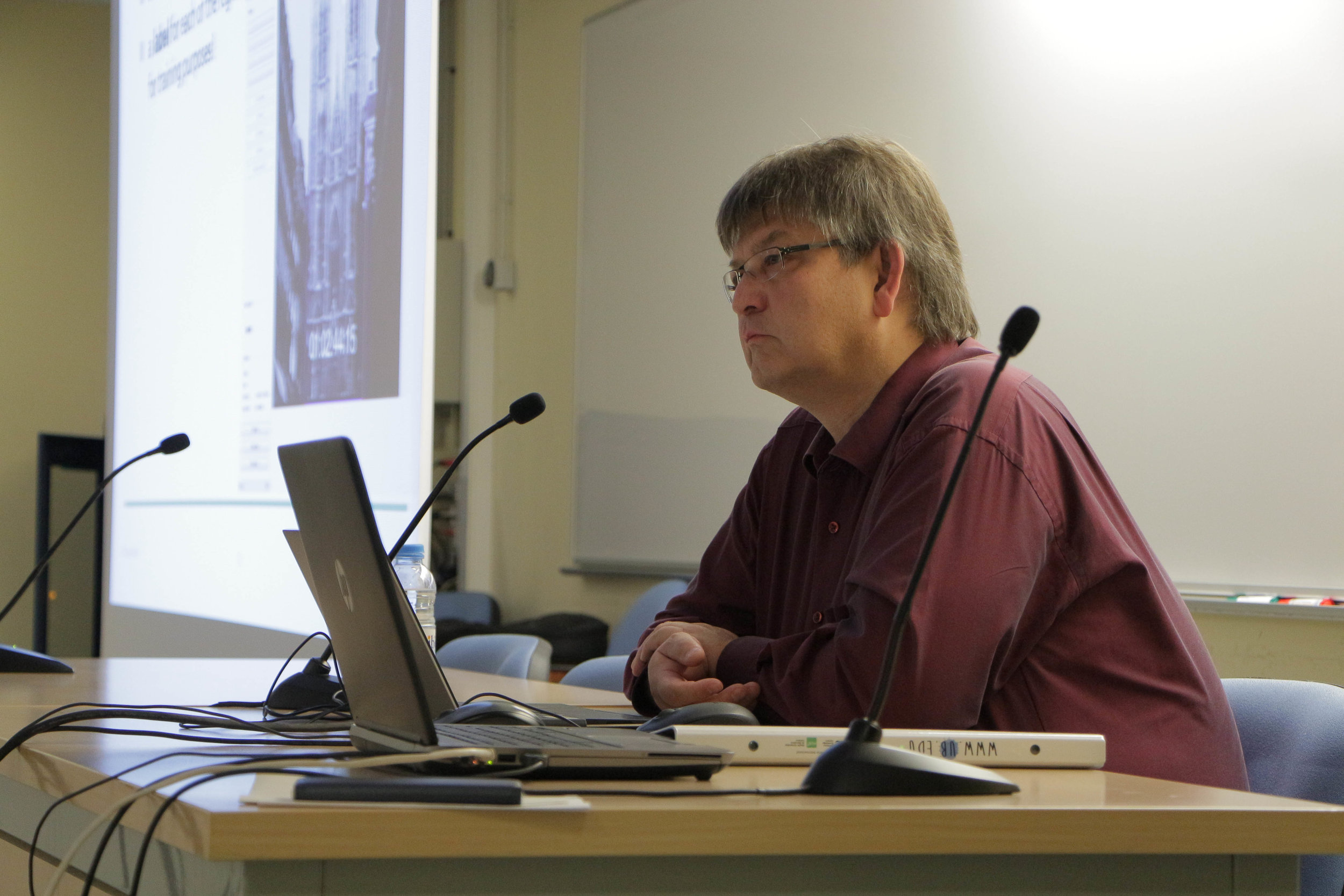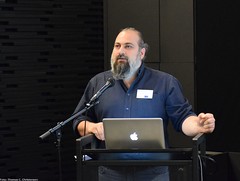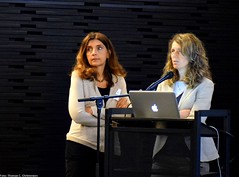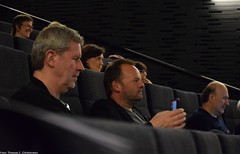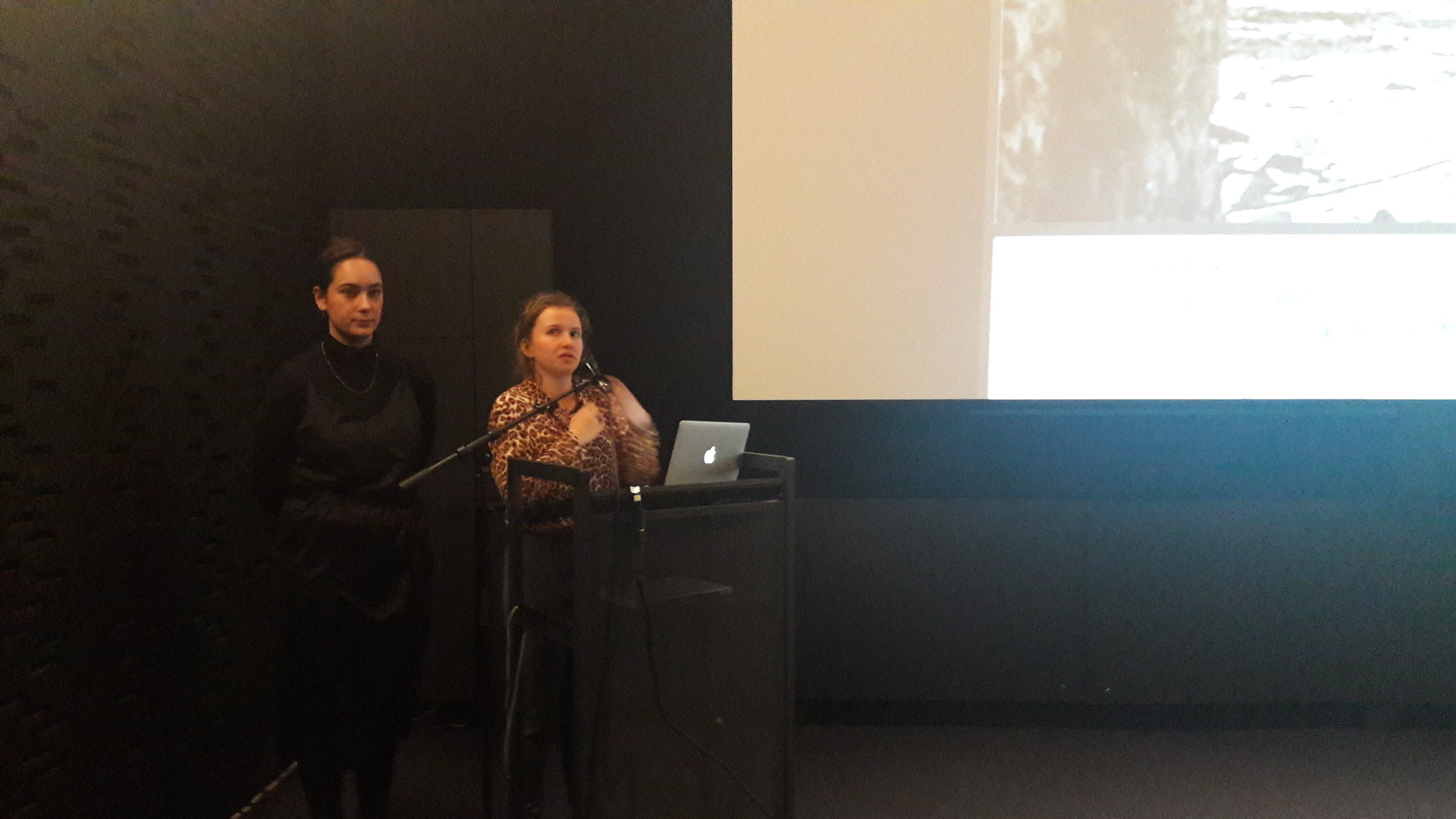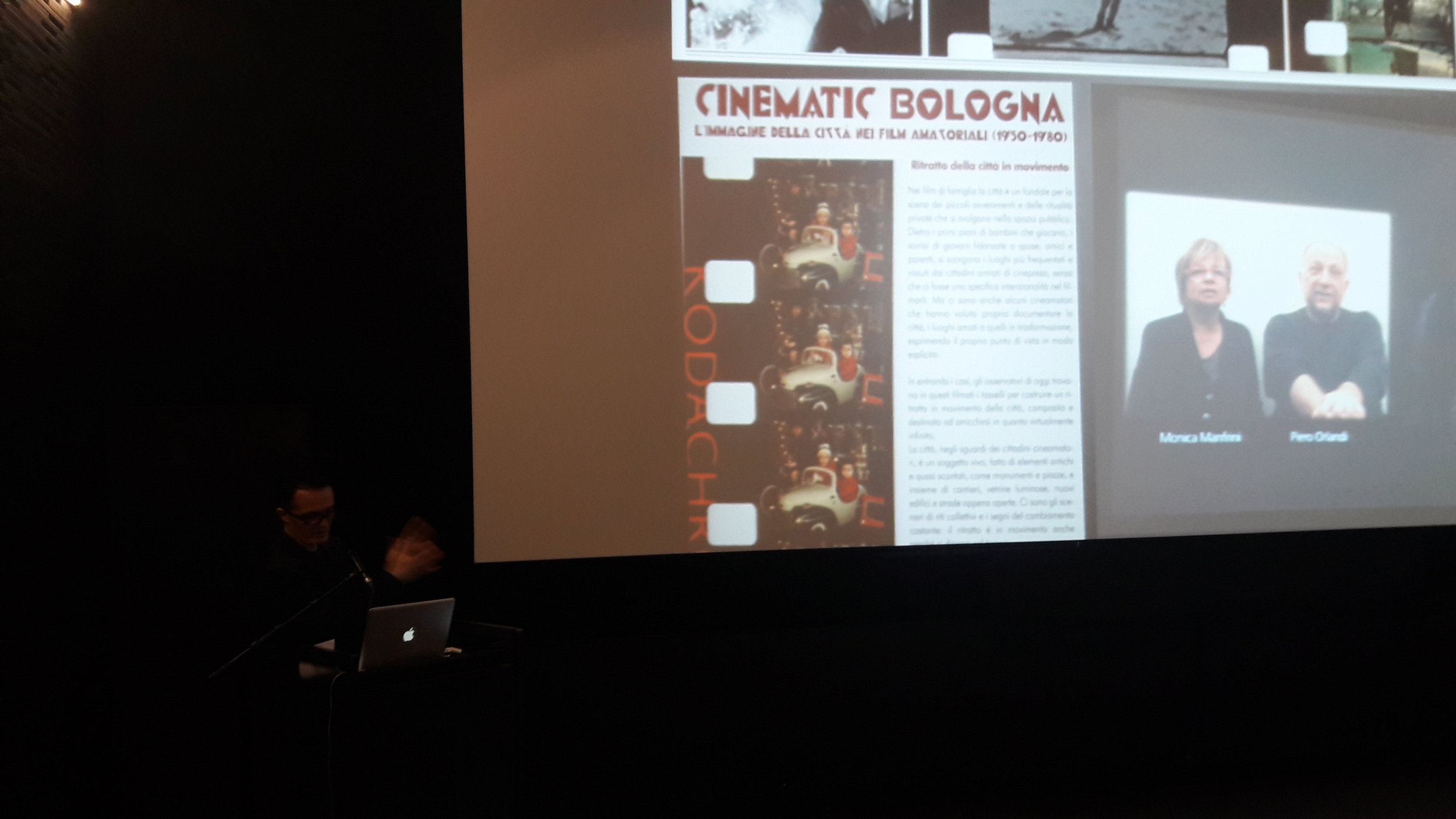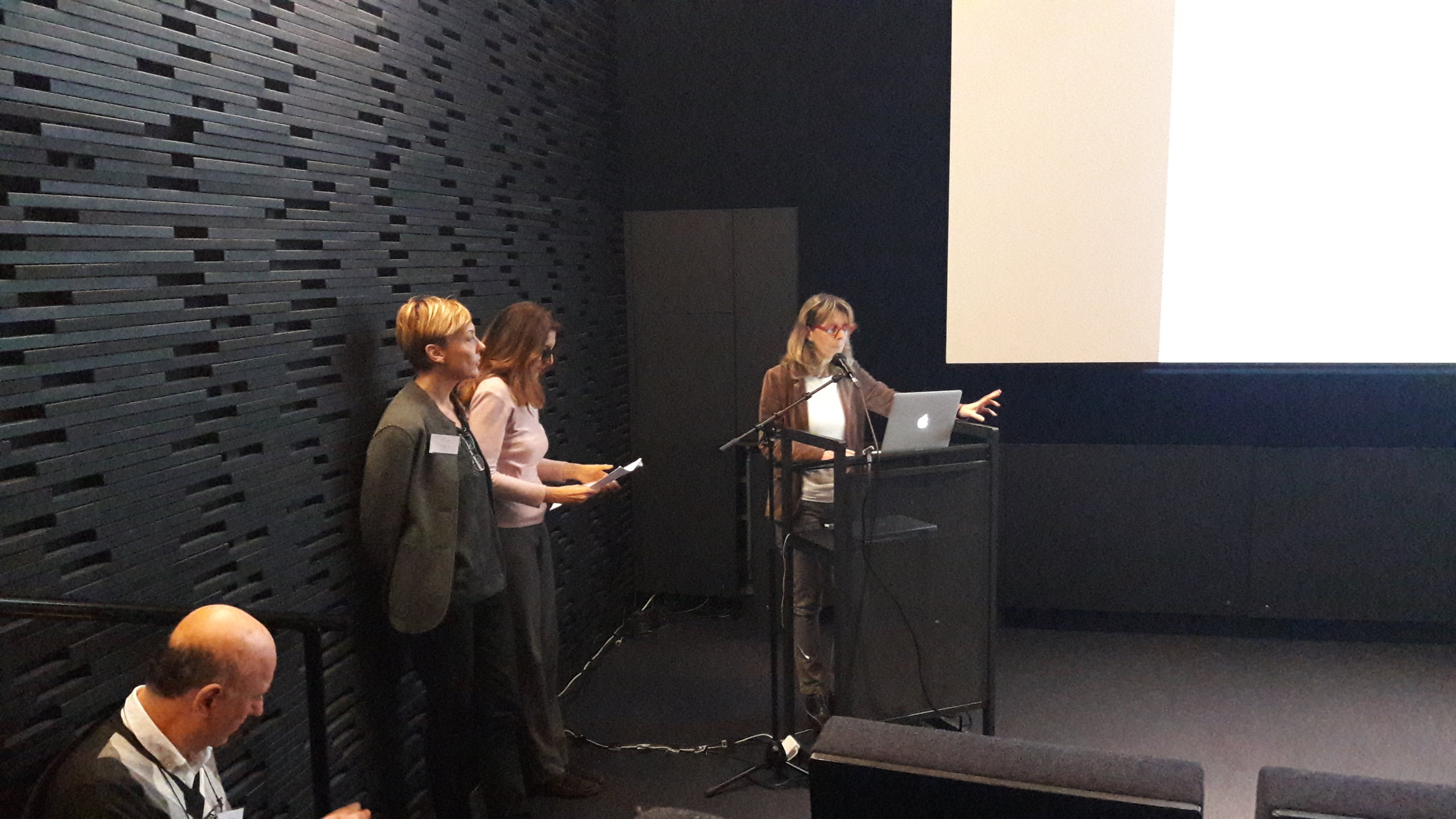i media cities & Conferences
i media cities partners are always prepared to present our vision and platform at international and national events. Since we are convinced of the innovative nature of our platform, we want to invite everyone to join us, and we are always happy to come to speak and exchange at conferences, workshops or events all over Europe and the world. If you want to invite someone from i media cities to come speak at your event, don’t hesitate to get in touch with us.
Check out some of the conferences we have organised ourselves or presentations we have given below!
